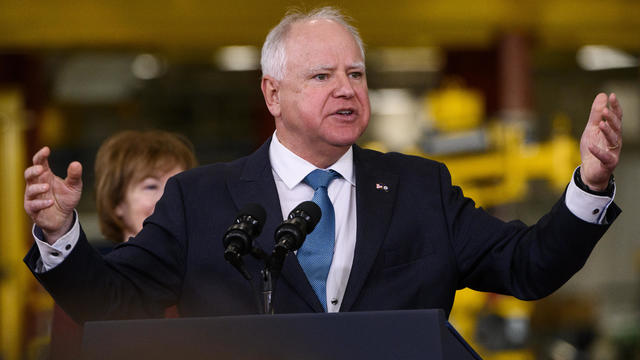
What would happen if Gov. Tim Walz became Vice President Kamala Harris' running mate?
Minnesota has produced two vice presidents in U.S. history: Hubert Humphrey and Walter Mondale.
Watch CBS News

Caroline Cummings is an Emmy-winning reporter with a passion for covering politics, public policy and government. She joined the WCCO team in January 2021.
Caroline comes to the Twin Cities from Des Moines, Iowa, where she reported on government and politics as the statehouse reporter for five local TV stations across the state. She covered three sessions of the Iowa Legislature, spending hours covering state policy as it was introduced, debated, and signed into law at the state capitol.
During the 2020 election cycle, she crisscrossed the state to follow presidential candidates ahead of the Iowa Caucuses and had several one-on-one interviews with then-candidates Joe Biden, Bernie Sanders, Elizabeth Warren, Pete Buttigieg and more.
She was selected for the National Press Foundation's state and local government fellowship in 2019 and her reporting contributions to a special program on the caucuses earned her an Upper Midwest Emmy in 2020.
Caroline was born in Washington, D.C., and grew up in the suburbs in Maryland. She's a proud graduate of the University of Maryland Philip Merrill College of Journalism. In college, she reported on the Maryland Legislature and covered hearings on Capitol Hill, experiences that solidified her passion for political reporting.
When she isn't snooping for her next story, she's probably catching up on 60 Minutes, streaming new music on Spotify or eating her way through the Twin Cities' "Best Restaurants" lists.

Minnesota has produced two vice presidents in U.S. history: Hubert Humphrey and Walter Mondale.
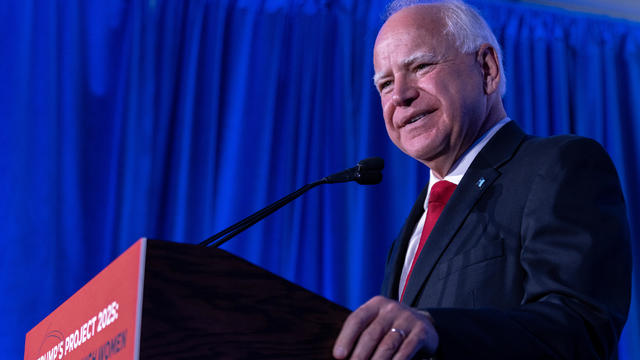
Minnesota Gov. Tim Walz was selected as the running mate for Democratic nominee Vice President Kamala Harris. Here's a look at his background, his military and political history, and his family.
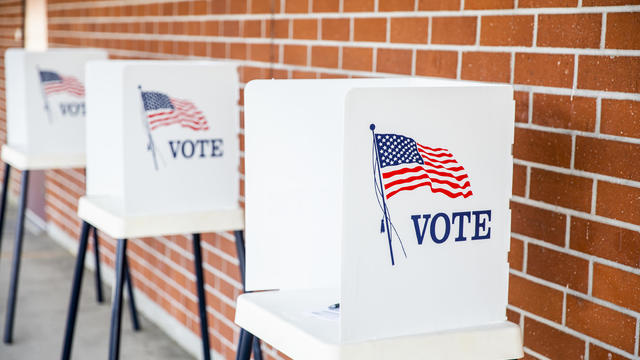
In the wake of President Biden ending his re-election campaign Sunday, Minnesota Secretary of State Steve Simon in a statement Tuesday shot down what he called "misinformation" circulating on social media that presidential ballots in Minnesota and other states have been finalized.
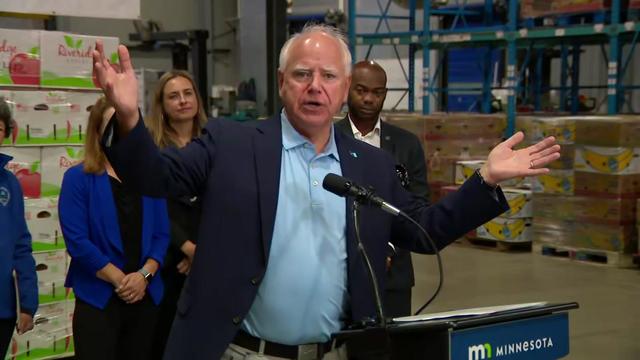
Gov. Tim Walz spoke to WCCO about the Democratic nominee for president process, if he'd like to be the vice presidential nominee and more.
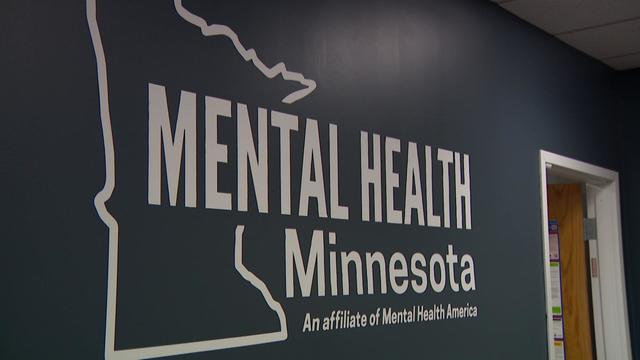
For two years, three simple numbers have helped countless people struggling with mental health: 988, the national suicide prevention lifeline abbreviated from its original 10 digits to three.
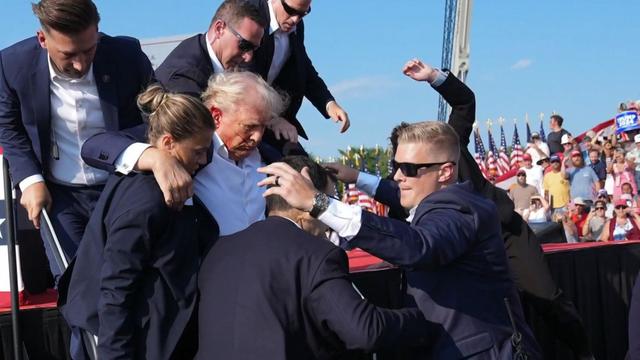
The survey from Reuters and Ipsos found that 87% are concerned about people resorting to violence instead of peacefully resolving their differences.
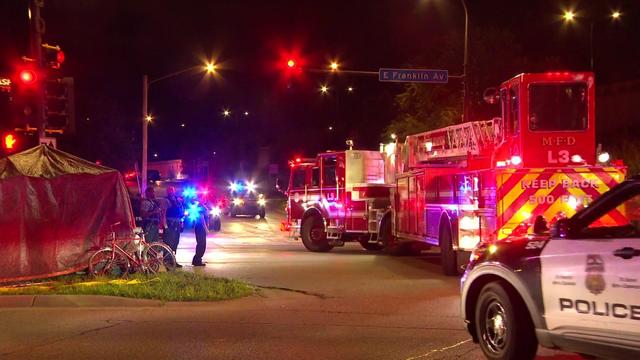
A shooting near a homeless encampment on the edge of Minneapolis' Seward neighborhood Monday night left one person dead and five others hurt.

New facial recognition software recently implemented at Mall of America is raising concerns about privacy and data retention from a bipartisan pair of state lawmakers who vow to push for regulation next session.
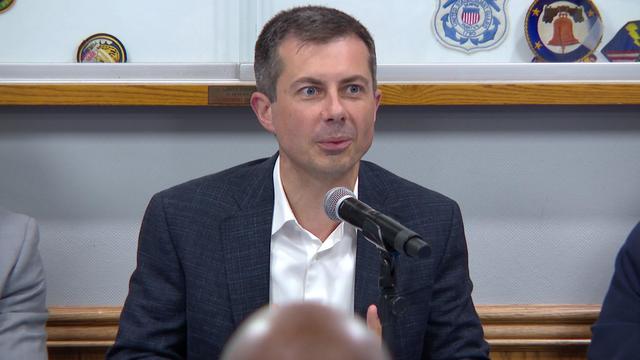
U.S. Secretary of Transportation Pete Buttigieg made a campaign stop in Minnesota for President Biden's re-election efforts.
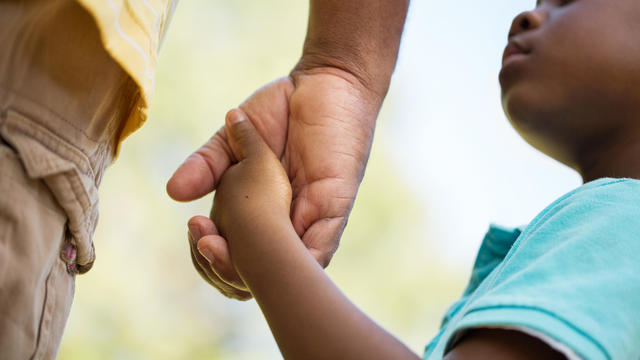
The law sets new standards for when courts can terminate parental rights and orders them to place a child with a willing and able relative before foster care, among other provisions.

Instead of issuing tickets for broken headlights and tail lights, some cops in Minnesota are giving out vouchers to fix them for free.

On the museum's website, a banner reads: "There's no place like home. Donate to keep the ruby slippers where they belong."
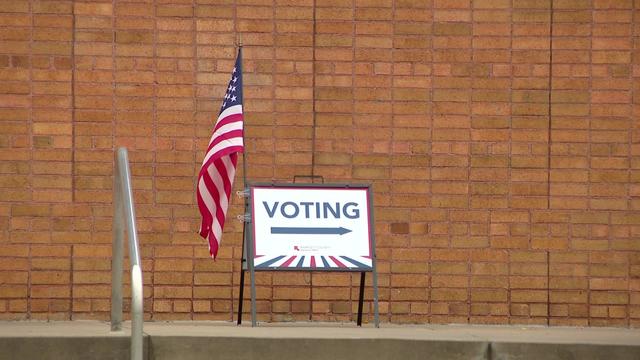
Minnesota is going to be more competitive heading into the 2024 election cycle.

A new law that kicked in on July 1 now allows taprooms to serve THC-infused drinks on tap.
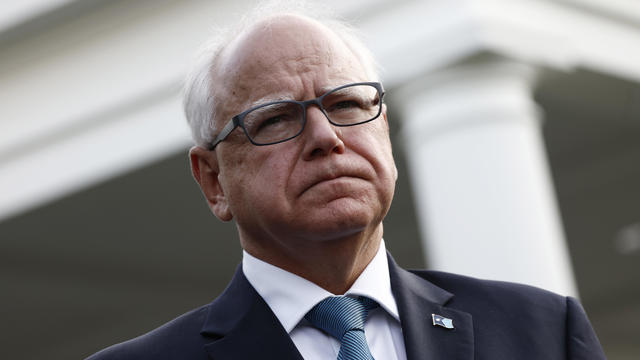
After a meeting at the White House Wednesday, Minnesota Gov. Tim Walz said President Biden is "fit for office" even as some fellow Democrats called for him to withdraw from the race amid concerns about his poor debate performance.